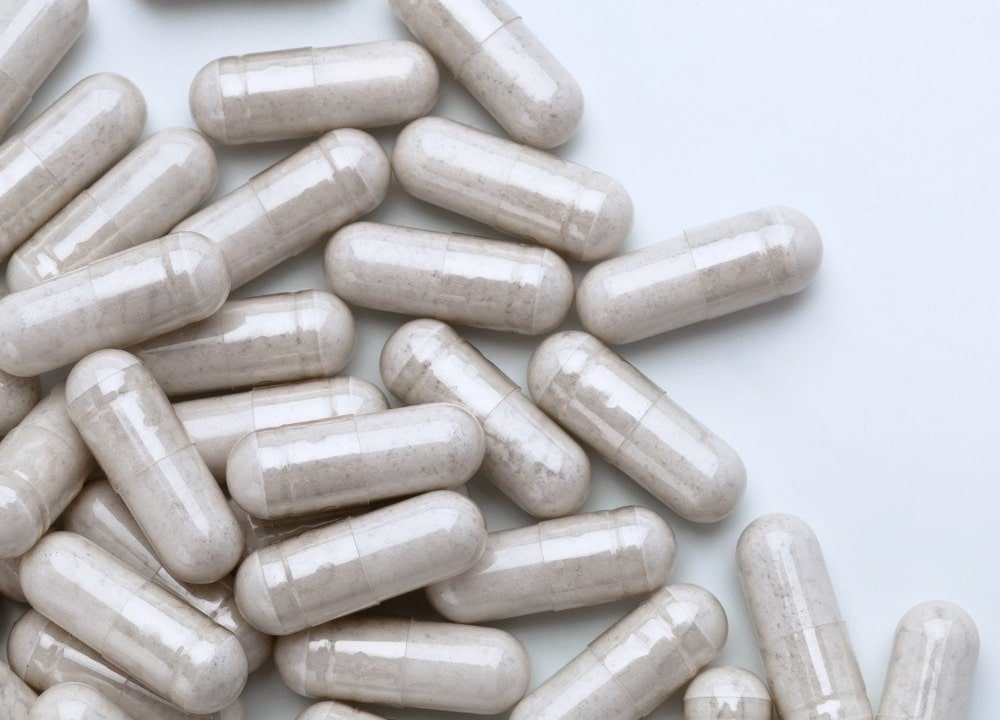As research continues into the diagnosis and treatment of dementia, there has been growing interest in the link between probiotics and dementia.
We can describe probiotics as living microorganisms or “good” bacteria that offer numerous health benefits when ingested.
When it comes to enriching our gut with probiotics, we can do it either through supplements or foods like yogurt, kefir, kimchi, tempeh, and sauerkraut.
Furthermore, probiotics help balance friendly bacteria in the digestives system.
Other health benefits associated with probiotics include:
- Reducing symptoms of various digestive disorders
- Preventing and treating diarrhea
- Reducing eczema and the severity of certain allergies
- Helping with loss of belly fat and weight
- Enhancing some mental health conditions
- Keeping the heart healthy by lowering blood pressure and bad cholesterol
- Boosting the immune system and protecting against infections
Can probiotics help with dementia?

In addition to the above probiotics and dementia benefits, there may be a possibility that probiotics can help boost cognitive function and mood while enhancing brain function indirectly.
Research indicates that the brain and gut are connected in a partnership that is known as the gut-brain axis.
Below is a brief description of the connection between the brain and the gut.
Link between the Gut and the Brain
The brain and the gut are linked through biochemical signalling between the central nervous system that includes the brain and the nervous system in the digestive tract.
The longest nerve in the body (vagus nerve) is responsible for information connection between the two.

Moreover, the gut is often referred to as the “second brain” because it produces many neurotransmitters like dopamine, serotonin, and gamma-aminobutyric.
The brain also produces the same neurotransmitters. These play a major role in regulating mood.
What affects the brain affects the gut

Because of this connection, experts explain that what affects the brain affects the gut and vice versa. When the brain senses trouble, it will send warning signals to the gut.
This is why during stressful events; a person may experience digestive issues like an upset or nervous stomach.
On the other hand, gastrointestinal problems like Crohn’s disease, irritable bowel syndrome, or chronic constipation may trigger depression or anxiety.
The brain-gut axis also works in the opposite direction.
For instance, the gut helps to regulate appetite by letting the brain know it is time to stop eating. When a person finishes eating, the gut microbes produce proteins that can suppress appetite after about twenty minutes.
The timing corresponds with the period people take to start feeling full. With this information in hand, it is prudent to ask how probiotics fit in the gut-brain axis concerning the connection between probiotics and dementia.
Some studies claim that probiotics can help boost cognitive function, mood, and lower anxiety and stress.
A small study done in 2013 reported in the Journal Gastroenterology discovered that ladies who consumed yogurt with a mix of probiotics two times a day for 4 weeks were calmer when exposed to images of frightened and angry faces compared with a control group.
MRIs also revealed that the group on yogurt has lower activity in the insula. This is the part of the brain that processes internal body sensations such as those emanating from the gut.
A Study on the Relationship between Probiotics and Dementia
Trials with mice have also recorded that probiotics can improve memory and learning and may also reduce depression and anxiety.

A study from Kashan University of Medical Sciences and Islamic Azad University in Iran states that it was the first to demonstrate the effects that probiotics have on people.
The team carried out a small clinical trial that went on for 12 weeks. The researchers observed 52 women and men aged between 60-95 years.
All the participants in the study were diagnosed with Alzheimer’s disease one of the most common causes of dementia.
The group was divided into two. One group was given around seven ounces of milk enriched with four types of probiotics daily. Individuals in the other group were only given plain milk.
All the participants in the study went through a test measuring various mental abilities including attention, memory, and language skills.
The highest score people could get on the test was 30.
As the study was going on, researchers uncovered that the average score of the participants taking milk enriched with probiotics rose from 8.7 to 10.6. This was different from the group that was taking plain milk as their scores dropped from 8.5 to 8.0.
Probiotic supplementation can show improvements
Researchers agreed that all the participants performed poorly in the test, but they acknowledged that the difference in results between the two groups was quite huge.
The researchers concluded that they thought metabolic changes might be responsible for the difference in results.
For example, participants who were on probiotics also showed improvements in lipid profiles and insulin metabolism.
This is one of the studies that has raised questions about the link between the brain and the gut and how they relate to dementia.
The results of the study will be repeated in bigger studies before experts can understand the real benefits that the brain gets when a person consumes probiotics.
Probiotic Supplement Suggestions Available on Amazon
Closing Thoughts – Probiotics and Dementia
The relationship between probiotics and dementia is still not clear.
The few studies that have been conducted on the topic show promising results. It is possible that in the future probiotics may be instrumental in the diagnosis and treatment of dementia.
More research needs to be done to find out how probiotics can help individuals with dementia. This will give more insight into whether probiotics can support a healthier brain.












